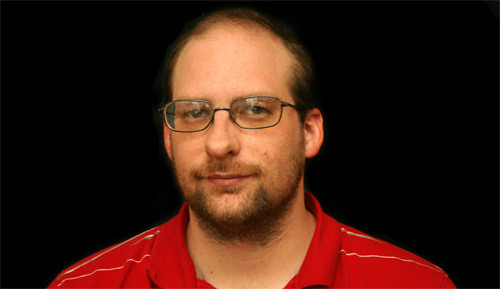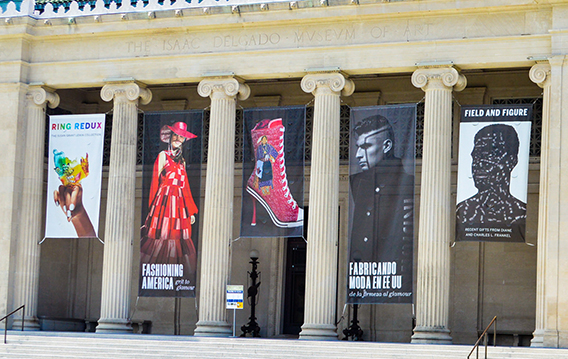Arthur C. Clarke said it best, “Any sufficiently advanced technology is indistinguishable from magic.”
Technology today seems to work like magic.
Technology is incredibly powerful in function, yet behind the fancy looks and capabilities lies the same electronics and computer fundamentals that we have had for decades. That complexity which has always been a facet of electronics and computers is hidden through what computer scientists have labeled “abstraction,” namely the desire to not overload the end user with the difficulty which naturally comes from any complex system.
Abstraction is about using the power of software to hide the complexities of hardware functions. Abstraction is also the crutch that enables nearly everyone to use a computer or technology device, yet not really understand it.
For example, a program like Microsoft Word is essentially the same as a typewriter of the past, but with spell check and all the other features thrown in to enhance productivity.
Microsoft Word is a program that takes millions of lines of programming code to be possible, and each feature alone could be thousands of lines. If the programmer makes even a simple error in one of those lines, then the program may not work or a specific function of the program will be impaired.
When we as end users attempt to use that function that has a flaw, we may not know the cause of the problem and may even attempt to blame the program or the computer system for the failure.
To make matters worse, the computer will probably tell us somehow what the true cause of the problem is, but we just don’t know how or where to look for the explanation. So we usually end up blaming the computer, e.g. I use a Mac because PCs are garbage!, when the cause is really just a poorly written program or perhaps a faulty electronic component.
Today, when a computer encounters a problem we see the dreaded “spinning beach ball” on Macs or the infamous “blue screen of death” on PC computers. We may ask ourselves, “What is wrong with this thing?”
There is an actual problem taking place that is usually simple to solve, but hard because end users are so divorced from their machines. Underneath what you see on the screen the computer is still governed by the laws of electricity, physics and logic.
The Open Source Software movement is one such attempt to enable people to get back to the days of being able to “pop the hood” and fix problems on their own, or at least be able to decide for themselves what their software will do. The Linux operating system is another where you can read the source code and modify the programs yourself.
But the best benefit that you can get as a user of technology is to understand technology down to its core levels. Learning about the fundamentals of processors, memory and devices will enable you to see through the magic and feel the freedom that comes with understanding how our modern technology works.
The sad part is that this is one area where our country is truly in decline after so many years of leadership. Technology is so prevalent today that everyone is expected to use it, but few are expected to truly master it or understand it. Other counties are leading the next wave of innovation in these areas while we are busy being confused about how to hook up our big LCD televisions.
Perhaps I shouldn’t complain because I make my living by solving these issues for end users, but I can see the writing on the wall indicating that our technological prosperity will soon only come from the achievements of others and not our own nation.
So, I leave you with this challenge to question how your technology works. Seek understanding of the devices you use everyday. And never be satisfied to live in ignorance of how science and technology influence our daily lives.
John Crutti is the coordinator of technology
for the College of Music and Fine Arts.
He can be reached at
On The Record is a column open to any member of Loyola’s faculty or staff. Those interested in contributing can contact













